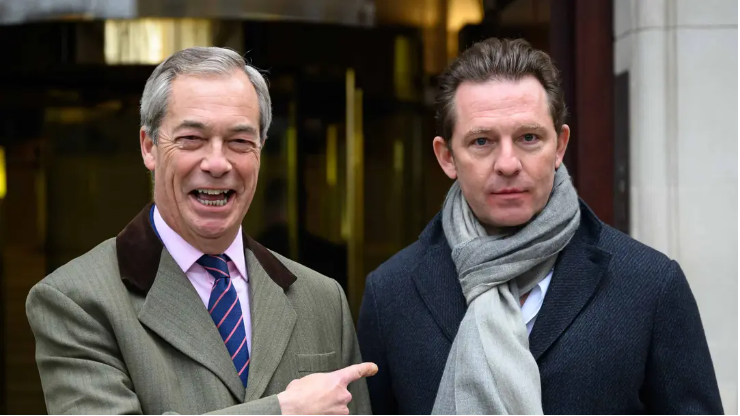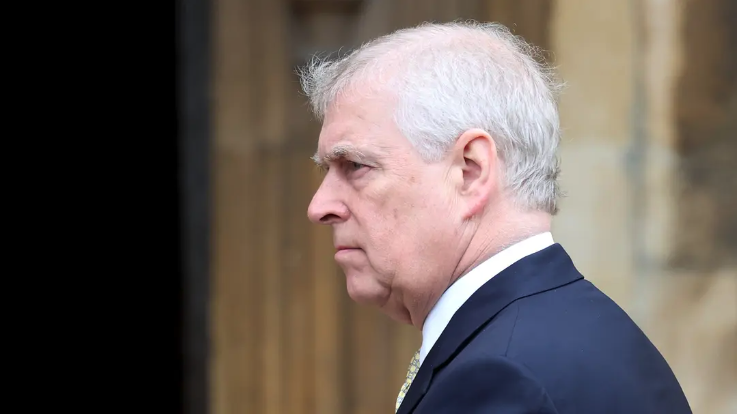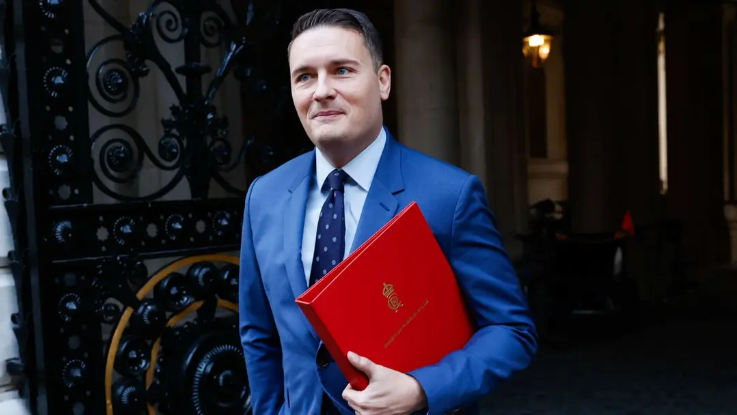UK House Prices Could Fall 20% Amid Volatile Response to Mini-Budget
Forecasters predict an imminent drop in property value in the UK of 15-20%, as rising interest rates prompted lenders to pull around 1k mortgage deals on Thursday, and expectations continued to grow that millions of households will struggle to afford their mortgage costs.

Facts
- Forecasters predict an imminent drop in property value in the UK of 15-20%, as rising interest rates prompted lenders to pull around 1k mortgage deals on Thursday, and expectations continued to grow that millions of households will struggle to afford their mortgage costs.
- Around 40% of mortgage offers were withdrawn overall, as commentators reflected that interest rates could peak at 6.1%, more than twice the current 2.25%. The Bank of England (BoE) has been incrementally raising interest rates to tame historically high inflation levels in recent months.
- Those on fixed-rate mortgages will be relatively protected. Two to five-year fixed-rate deals are common in the UK, though many will face leaps in monthly costs once their current rates expire. Pantheon Macroeconomics estimates that if rates hit 6%, average monthly mortgage repayments could jump more than 70%.
- Many assessments see the rising unaffordability of mortgages causing a rapid decline in property sales and, consequently, a massive reduction in property value. According to analyst Neal Hudson, the gap between average mortgage bills and affordability (based on the average salary) was at 17% in July - at a 4% interest on rates, this gap could widen to an estimated 40%.
- This follows the announcement of a mini-budget by the UK's new chancellor Kwasi Kwarteng, which included controversial measures to reduce taxes for high earners to stimulate growth. PM Liz Truss has stood by the measures but recognized on Thursday that the UK is in a "very serious situation."
- Kwarteng's measures — announced last week — were also followed by a sharp fall in the pound value against the US dollar. The BoE later intervened to regulate the cost of government borrowing, while the plans prompted rebuke from the International Monetary Fund.
Sources: Daily Mail, Newsbud, Financial Times, Telegraph, and Guardian.
Narratives
- Left narrative, as provided by The New Statesman. The current economic crisis is the result of a broken model of capitalism, whereby ultra-low interest rates were relied upon to compensate for the anemic growth under austerity politics. Truss and Kwarteng have blindly pursued a Thatcherite economic agenda that has ruined a system already made fragile by deindustrialization, privatization, and, fundamentally, more than four decades of class war.
- Right narrative, as provided by The Telegraph. The government is facing criticism for failing to explain how it will balance the books — something that will be put out in a medium-term strategy statement in November. There is no feasible way to detail this plan earlier as it will depend on too many currently unknown variables. Although the markets may not like uncertainty in the short-term, Truss is right to stand by her tax-cut and growth plan and look forward to a fiscal consolidation program in two months' time.






